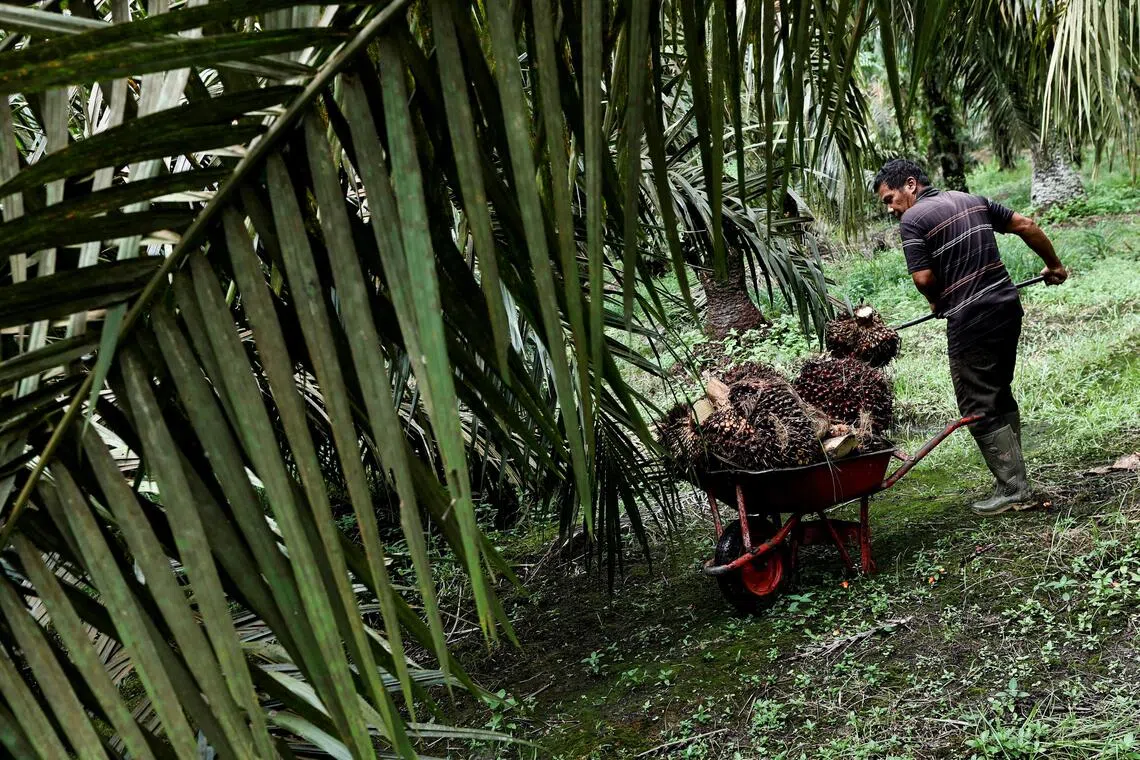Riau Protests: Thousands Decry Indonesian Government Takeover of Palm Oil Plantations Amid Global Supply Fears
 Indonesia
Business
Indonesia
Business

Thousands in Indonesia's Riau province protested a government forestry task force's takeover of palm oil plantations on Nov 20, sparking global supply concerns.
Thousands Protest State Takeover of Palm Oil Plantations in Indonesia's Riau
Indonesia's Riau province, a vital hub for global palm oil production, witnessed significant unrest on November 20 as thousands of residents staged protests against the government's forestry task force. The demonstrations erupted over the task force's controversial move to seize palm oil plantations, an action locals claim is unlawful and threatens their livelihoods.
Crackdown on Illegal Palm Oil & Formation of Agrinas
The forestry task force, operating under President Prabowo Subianto's administration and comprising military personnel and state prosecutors, has intensified its crackdown this year. Its stated aim is to reclaim forest areas and combat illegal palm oil cultivation. However, the industry warns that these widespread seizures, which have affected an estimated 3.7 million hectares of plantations nationwide, could severely disrupt global palm oil supplies.
A substantial portion—nearly half—of the seized lands has been transferred to Agrinas Palma Nusantara, a newly established state-run entity. This strategic maneuver has rapidly transformed Agrinas into the world's largest palm oil company by land size, consolidating significant control under state ownership.
Protesters Demand Legal Clarity in Pekanbaru
In Pekanbaru, the provincial capital, an estimated 2,800 protesters gathered near the local prosecutor's office. Organised by KOMMARI, a coalition of Riau residents, the rally demanded an immediate halt to the task force's operations and a clear legal justification for the land seizures. Abdul Aziz, KOMMARI's secretary general, voiced the community's frustration: "Our hope is they first make sure who has the right to the lands. They can’t just seize lands that we have cultivated for years, for decades. This should be taken to the court." He stressed the need for due legal process before any confiscation.
Government Defends Actions Amidst Undisclosed Data
Agrinas' vice-chief executive, Kusdi Sastro Kidjan, defended the task force's actions, asserting they are grounded in existing laws designed to restore control over forest territories and prevent illicit palm oil planting. Kidjan confirmed Agrinas's commitment to continuing its operations in Riau and across Indonesia, vowing to uphold strong corporate governance standards. The task force itself has yet to publicly comment on the protests.
Indonesia stands as the world's largest producer of palm oil, with Riau leading all other provinces in plantation acreage. Despite the scale of the operations, specific data on the amount of land seized by the task force in Riau, or how much has been subsequently handed over to Agrinas, remains undisclosed. State news agency Antara reported that over 1,300 personnel were deployed to manage the large protest march through Pekanbaru's streets, highlighting the significant public and governmental attention on this escalating land dispute.